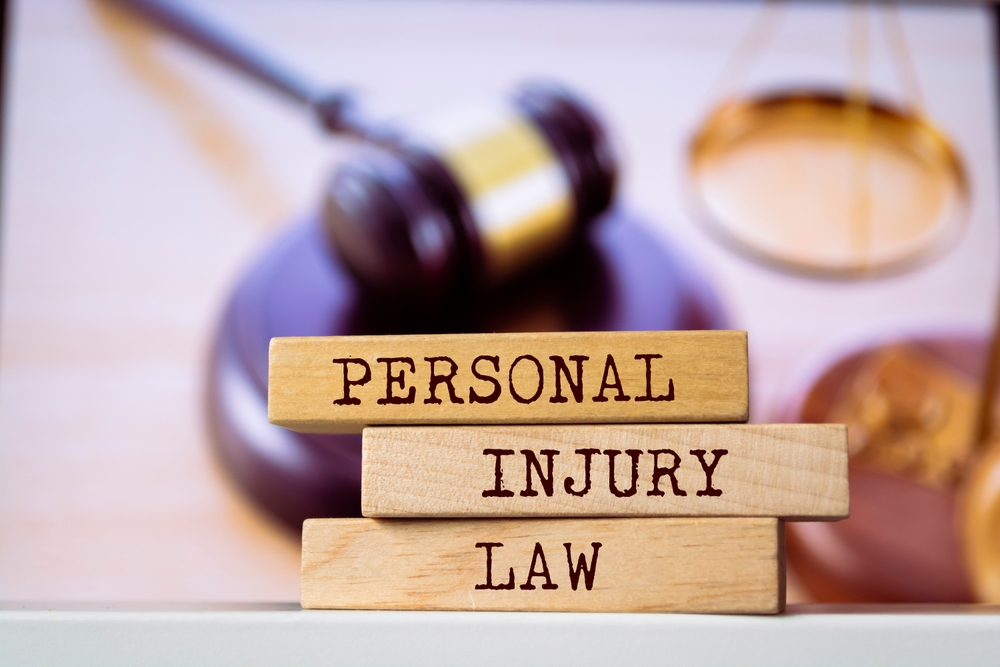Common Myths About Personal Injury Law: Debunking Misconceptions
Personal injury law is a complex and often misunderstood legal practice, leading to numerous myths and misconceptions. These misunderstandings can deter individuals from pursuing rightful claims or create unrealistic expectations about the legal process. In this article, a St. Louis personal injury attorney aims to debunk some of the most common myths surrounding personal injury law and clarify what it truly entails.
Myth 1: Personal Injury Claims Are Just About Physical Injuries
One prevalent myth is that personal injury claims are limited to physical injuries. While bodily harm is a significant component, personal injury law also covers psychological and emotional damages. Conditions like PTSD, anxiety, and depression stemming from an incident can all be considered in a claim. Additionally, personal injury law encompasses cases involving defamation, invasion of privacy, and other non-physical injuries. Understanding this broader scope can ensure individuals seek comprehensive compensation for all damages.
Myth 2: You Can File A Personal Injury Claim At Any Time
Many people mistakenly believe they have unlimited time to file a personal injury claim. In reality, each state imposes a statute of limitations, which sets a deadline for initiating legal action. This time frame can vary significantly depending on the injury’s jurisdiction and nature. Missing this deadline typically means forfeiting your right to pursue compensation. It’s crucial for victims to be aware of these time constraints and to act promptly to preserve their legal rights.
Myth 3: Personal Injury Lawsuits Are Quick And Easy
Another common misconception is that personal injury lawsuits are straightforward and resolve quickly. The truth is that these cases can be lengthy and complex, often requiring extensive investigation, negotiation, and potentially a trial. The duration of a case can depend on factors like the severity of the injuries, the amount of evidence, and the willingness of the parties to settle. As is expert legal guidance, patience and persistence are often necessary to navigate the intricacies of the process.
Myth 4: You Don’t Need A Lawyer For A Personal Injury Claim
Some individuals believe they can handle personal injury claims without legal representation. While pursuing a claim independently is possible, doing so can lead to pitfalls and less favorable outcomes. Personal injury attorneys bring expertise in evaluating claims, negotiating with insurance companies, and advocating in court if necessary. They understand the intricacies of the law and can help maximize compensation by building a robust case. Attempting to go it alone often results in underestimating the claim’s value or succumbing to pressure from.
Myth 5: Personal Injury Lawsuits Are Frivolous And Driven By Greed
A pervasive myth is that personal injury lawsuits are frivolous, filed by individuals seeking easy money. In reality, most plaintiffs pursue these claims to cover legitimate expenses related to their injuries, such as medical bills, lost wages, and rehabilitation costs. The judicial system is critical for victims to secure the compensation needed to recover and rebuild their lives. While some cases may be exaggerated, the vast majority are grounded in legitimate grievances that deserve attention and resolution.
Myth 6: Insurance Companies Will Offer Fair Compensation
Many believe that insurance companies are there to provide fair compensation without the need for legal action. In practice, insurers often prioritize their financial interests and may offer settlements far below what is warranted. They might employ tactics to delay the process or devalue the claim. An attorney can help counter these strategies and ensure that any settlement considers the full scope of the injury’s impact. Attorneys can also help negotiate or litigate to achieve a more equitable resolution.
Myth 7: All Personal Injury Cases Go To Trial
People often assume that filing a personal injury claim means going to court. However, negotiation and mediation settle most personal injury cases out of court. Trials are typically a last resort when parties cannot reach a fair agreement. Settling outside of court can save time and resources for both parties. Nonetheless, being prepared for trial is essential, and having a lawyer ready to litigate can strengthen your negotiating position.
Conclusion
Dispelling myths about personal injury law is essential for potential claimants to make informed decisions. The St. Louis personal injury attorney says understanding that personal injury claims encompass a wide range of damages, have strict filing deadlines, and often require expert legal guidance can empower individuals to pursue their cases effectively. Recognizing these realities can help victims navigate the legal system more successfully, ensuring their rights are protected and just compensation is achieved.
Keep an eye for more news & updates on Glamouruer!






